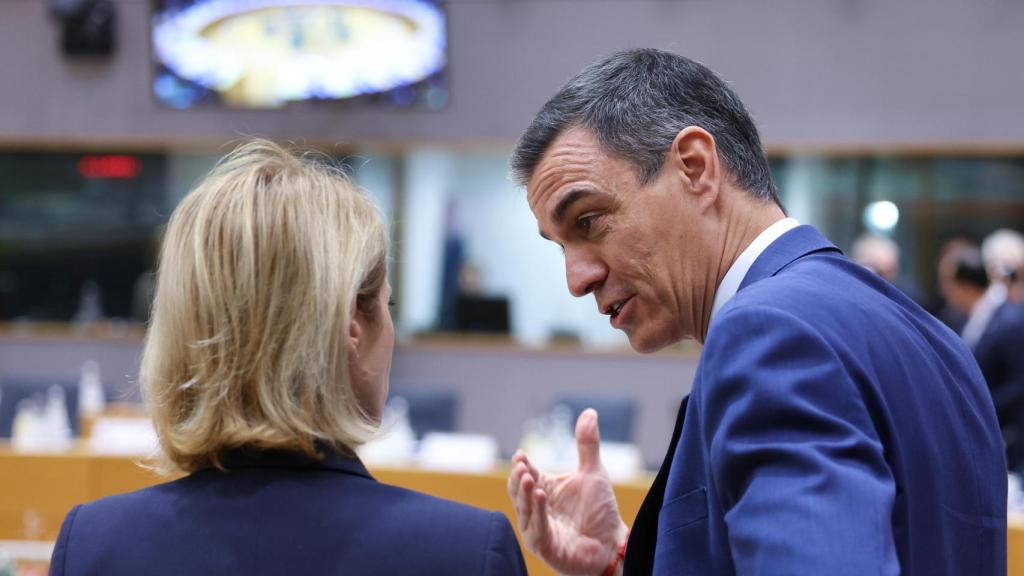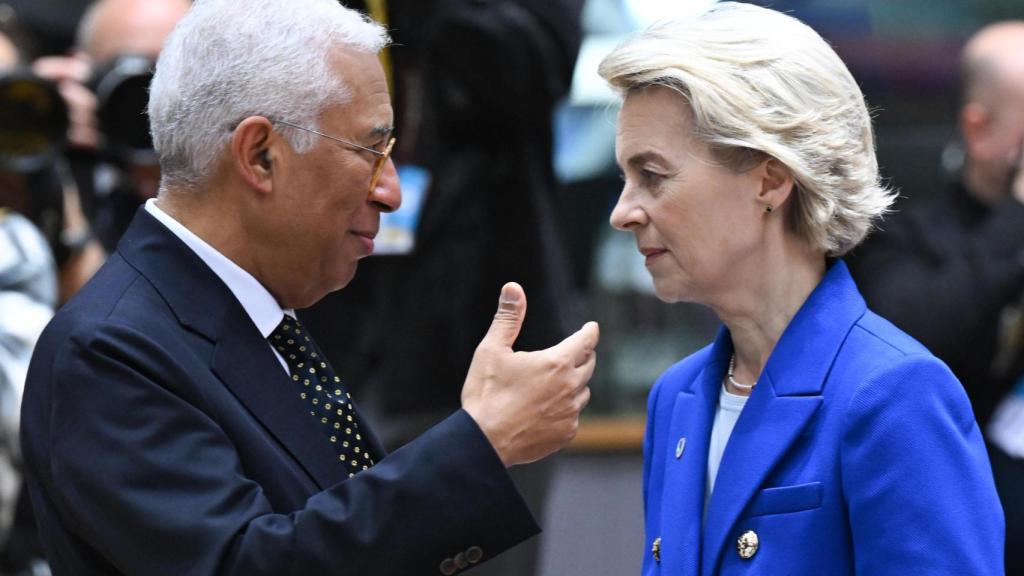The president of Ukraine, Volodymyr Zelenskycame to Brussels in search of “security guarantees” given the possibility that donald trump force a ceasefire when he arrives at the White House on January 20. But after two days of talks with European leaders leaves empty handed: The Twenty-seven drag their feet and see it as premature to specify whether they are willing to send peacekeepers to Ukraine to ensure that Vladimir Putin don’t go back to your old ways after “two months, six months, a year or two years.”
Zelensky assumes that when Trump takes office, in just a month, he will “intensify efforts to end the war.” That is why it urgently demands that the EU “clear position”which does not exist right now. “We support France’s initiative to send a military contingent to Ukraine as part of these guarantees and we call on other partners to join this effort, as this will contribute to ending the war,” assures.
However, the Ukrainian president has unsuccessfully asked European leaders for details about how this force would work. “If we are talking about a contingent, we need concreteness: How many? What will they do if there is aggression from Russia? We are discussing a lot about this topic. It is very important that we start raising these issues,” Zelensky said in a long press conference in which he could not hide his frustration.
“We want to end the war, we want peace. But we must know what the security guarantees will be tomorrow. Today we have around 8 million people abroad. “How will people return home if they don’t know what will happen tomorrow?” insists the Ukrainian president. In his opinion, not only Europeans should participate in these guarantees (since their contribution may be insufficient), but also the administration of Ukraine itself. Donald Trump.
“President Trump is a strong man and I want to have him on my side (…) Putin is very dangerous for everyone because for him human life has no importance. I think he’s crazy. I think he thinks he’s crazy too. He likes to kill, it is very dangerous for everyone. “I want Trump to help us end the war,” Zelensky insisted.

Pedro Sánchez talks with the new head of EU diplomacy, Kaja Kallas, during the summit this Thursday in Brussels
However, for European leaders to speak publicly about sending peacekeepers to Ukraine it’s still taboo. “There has been no debate of troops on the ground because it is not the issue, it would be a mistake to negotiate now,” said the German chancellor. Olaf Scholz. In his opinion, the priority at this time is to “guarantee long-term support for Ukraine” in military matters, with the shipment of more air defense systems and artillery ammunition.
Like the rest of the European leaders, the German Chancellor maintains that the fundamental principle that must guide any eventual peace negotiations is that nothing can be decided about Ukraine without the Ukrainians. “It must also be very clear that there must be no escalation of the war until it became a war between Russia and NATO,” Scholz highlighted.
The German Chancellor spoke by phone with Donald Trump this Thursday and both have agreed on “the importance of embark as soon as possible on the path towards a just and equitable peace for Ukraine“.
Today, in my phone call with US President-elect Trump, we agreed on the importance of getting on a path toward a fair and just peace for Ukraine as soon as possible. Ukraine can count on Germany. pic.twitter.com/iXlqgN6mzO
— Bundeskanzler Olaf Scholz (@Bundeskanzler) December 19, 2024
“Now is not the time to speculate on different scenarios“It is time to strengthen Ukraine for all scenarios,” responded the new president of the European Council, the Portuguese António Costa, when asked about the peacekeepers.
For his part, the President of the Government, Pedro Sanchez -who did not participate in the restricted mini-summit on Ukraine organized by the NATO Secretary General on Wednesday, Mark Rutte– has said that “We do not see the deployment of Spanish troops on Ukrainian soil, we do not see it“.
Even one of Zelensky’s main EU allies, Polish Prime Minister Donald Tusk, bristles at talk of sending peacekeepers to Ukraine. “We all feel that Ukraine should be in a better situation than today before the changing of the guard in the United States, before these possible negotiations, and that it is worth supporting Ukraine,” he explained.
Tusk assures that “no one is serious yet” about sending peacekeepers to Ukraine. “It is less important who sends what to Ukraine. It is a thousand times more important how a possible peace or truce will be defined and what the terms of said truce would be accepted by everyone, including Russia, perhaps China, so that it is lasting,” maintains the Polish Prime Minister.

The President of the European Council, António Costa, and the President of the Commission, Ursula von der Leyen, at the summit this Thursday in Brussels
A truce “that is acceptable, above all, to Ukraine and that is not just a brief pause.” “We know that Putin is capable of violating any ceasefire or treated when it suits you, so these security guarantees must be serious,” Tusk highlighted.
The growing emphasis on peace negotiations that is detected in all the conversations in Brussels has caught the successor of Josep Borrell at the head of European diplomacy, Kaja Kallaswho during her term as Prime Minister of Estonia became the greatest exponent of the hard line towards the Kremlin.
“We have to talk about how to support Ukraine more. Any push to negotiate too soon would be a bad deal for Ukraine. All other actors in the world are watching carefully how we act in this case and we must be strong. “Syria shows that Russia is not invincible and we should not underestimate our own power,” Kallas maintains.













Add Comment